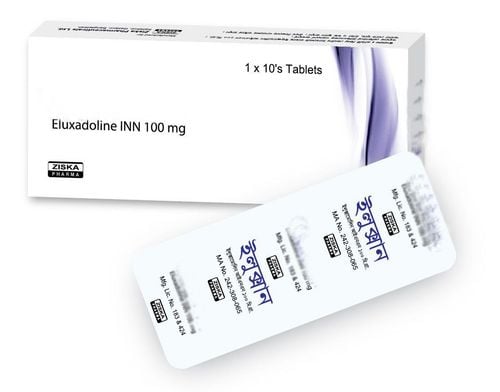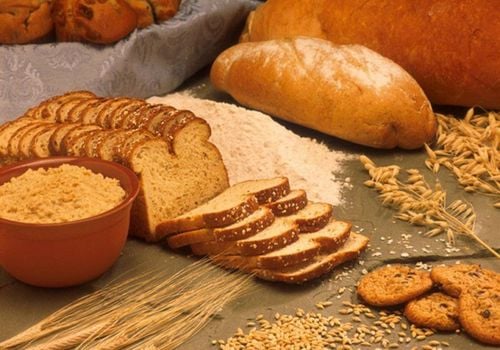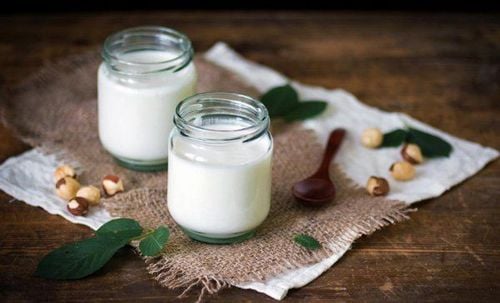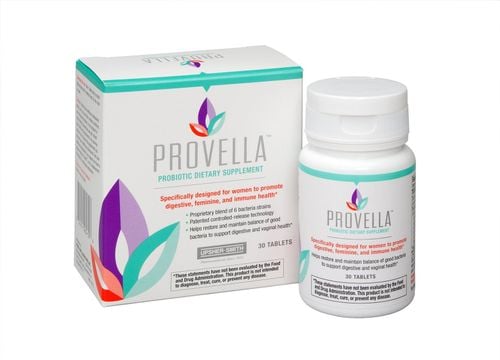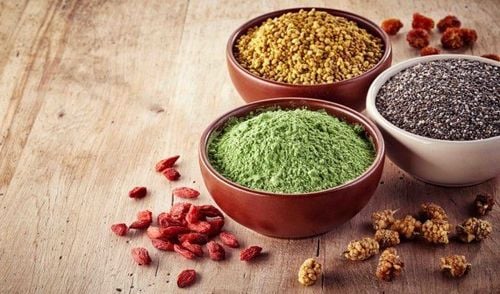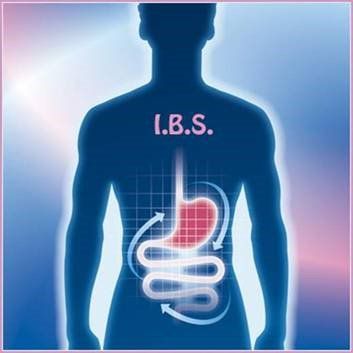This is an automatically translated article.
The article was written by Master - Doctor Mai Vien Phuong - Head of Gastrointestinal Endoscopy Unit - Department of Medical Examination and Internal Medicine - Vinmec Central Park International General Hospital.Fiber is an important part of your daily diet. That's especially true for people with irritable bowel syndrome (IBS), a digestive condition characterized by stomach cramps, diarrhea, and constipation. In this article, the authors recommend soluble fiber to treat IBS symptoms.
1. What is dietary fiber?
A widely accepted definition describes fiber as all carbohydrates that are neither digested nor absorbed in the small intestine and have a degree of polymerization of 3 or more monomer units. Fiber offers a wide range of general health benefits and for this reason, most experts recommend eating 25-35 grams of total fiber per day.Dietary fiber has diverse effects and its role in the gastrointestinal tract with respect to gut microbiota, metabolism, transit time, stool consistency, and bile acid absorption remains unknown. full understanding. Fiber is often recommended to improve symptoms in IBS patients, especially when constipation is the primary cause. In general, different types of fiber can be distinguished based on solubility, viscosity, and resistance to fermentation in the colon. Soluble fiber is found in psyllium, oat bran, barley, and beans. Insoluble fiber is found in wheat bran, whole grains, and some vegetables. Fiber has a laxative effect that tends to increase the water content of the stool and counteract colonic fermentation.
2. Soluble fiber should be used to treat IBS symptoms
A meta-analysis evaluated the use of fiber supplements in 14 randomized, controlled clinical trials involving 906 people living with IBS. The authors concluded that fiber supplementation — particularly with psyllium, a type of soluble fiber — was effective in improving symptoms of IBS when compared with a placebo. A 3-month randomized placebo-controlled trial of 275 patients with IBS found that a daily supplement of 10g of psyllium improved symptoms of abdominal pain or discomfort during the first 2 months of supplementation and also improved symptom severity after 3 months of supplementation.Increasing evidence indicates that dietary fiber acts as a prebiotic affecting the composition of the gut microbiota. Furthermore, fermentation of fiber by-products, such as short-chain fatty acids (acetate, propionate, and butyrate) and a decrease in colon pH promote the growth of beneficial bacteria, such as lactobacilli and bifidobacteria.
Butyrate is one of the short chain fatty acids created from the fermentation of fiber. Butyrate has been recently reported to suppress colon inflammation in two ways: One is by inducing T-cell apoptosis, thereby eliminating the source of inflammation, and the other is by blocking interferon-γ (IFN-γ)-induced inflammatory process.
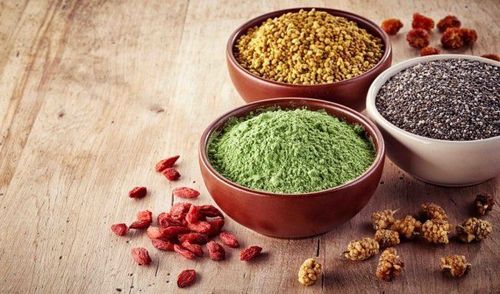
3. Add fiber in a reasonable way
Although fiber can improve the function of your digestive system, increasing your intake too quickly can leave you feeling bloated and bloated when your body is not used to it.If you want to increase your fiber intake for better control of IBS symptoms, Majumdar - senior dietitian at the Center for Metabolic Surgery and Pathology in Boston - recommends taking a fiber supplement at a time. , then wait a few days to a week to see how your body reacts. If all goes well, you can continue to add more fiber to your diet.
“The first thing I would do is break up each meal and see which ones can add fruit and vegetables,” she says.
For example, instead of having a cake for breakfast, try Greek yogurt with fruit, nuts, and flaxseeds. For lunch and dinner, try adding salads, fruits and vegetables, and whole grains like brown rice, quinoa, and farro.
Majumdar says a good rule of thumb is to fill half your plate with fruit and vegetables. Also, replace refined grains with whole grains. Instead of white bread, refined grains, and white rice, choose wholegrain breads, bran muffins, oatmeal, whole grains, and brown rice.
“Remember to make these changes gradually to make the transition easier. And don't forget to drink plenty of water. Fiber cannot do its job without water.” Majumdar said.
4. Conclusion
Long-chain, intermediate-viscosity, soluble, and moderately fermentable dietary fibers (eg, psyllium) have been documented to influence the management of IBS and may improve the overall symptoms of IBS patients. . This dietary fiber supplement is recommended for patients with all types of IBS namely IBS-D, IBS-M and IBS-C. When initiating a dietary fiber supplement, a transient episode of bloating/distention, discomfort, and changes in bowel habits may occur. Therefore, fiber supplements should be started gradually, with amounts increasing to no more than 5 g/day per week.Please follow the website: Vinmec.com regularly to update many other useful information.
Please dial HOTLINE for more information or register for an appointment HERE. Download MyVinmec app to make appointments faster and to manage your bookings easily.
References: journals.lww.com




